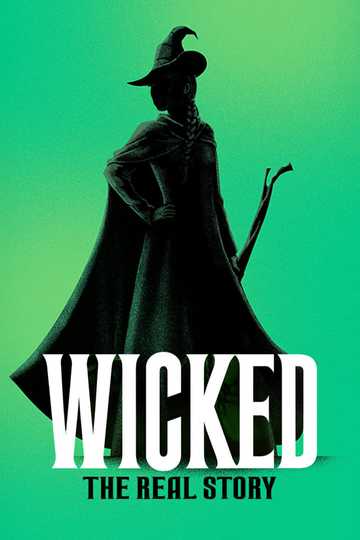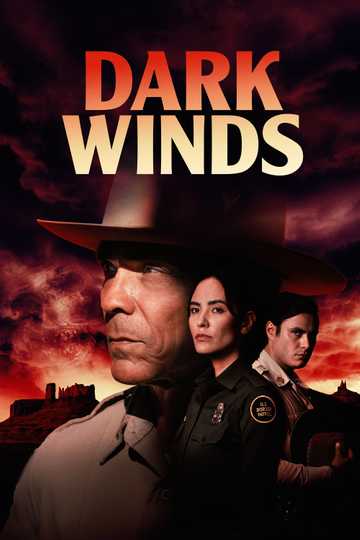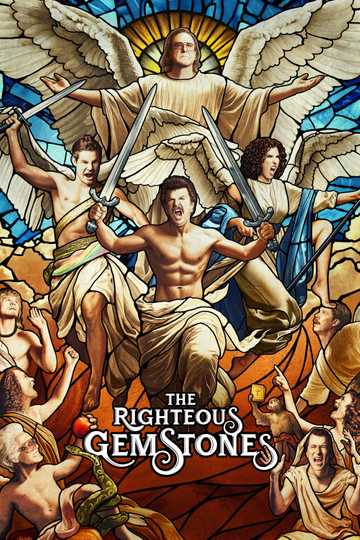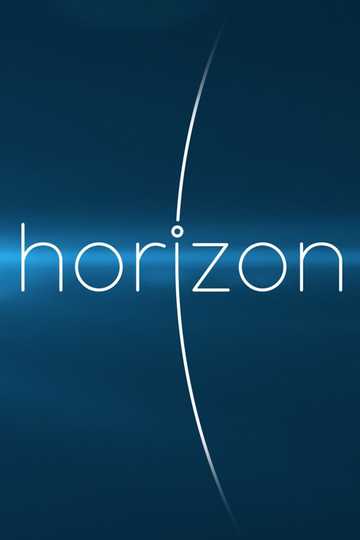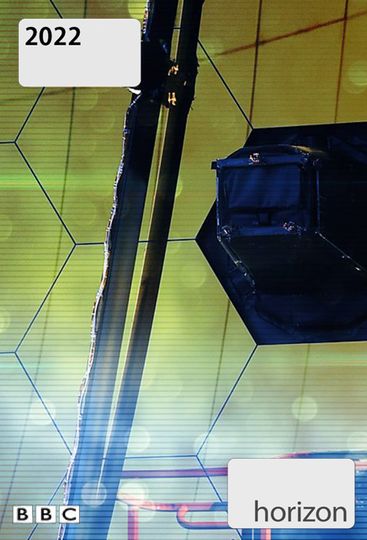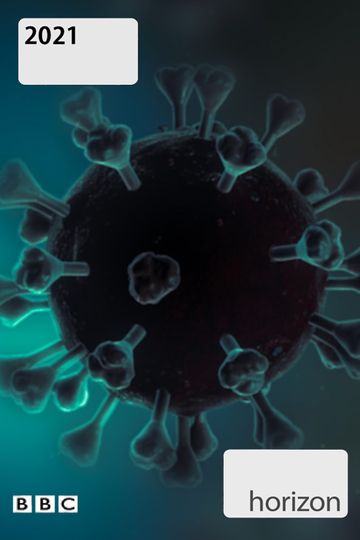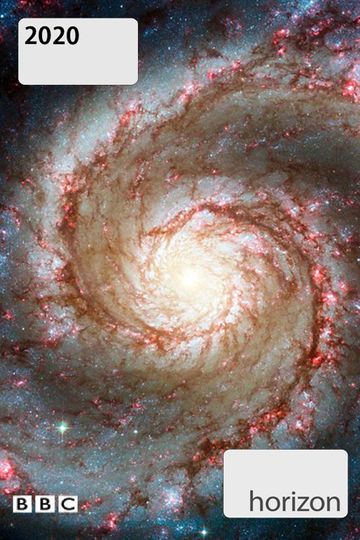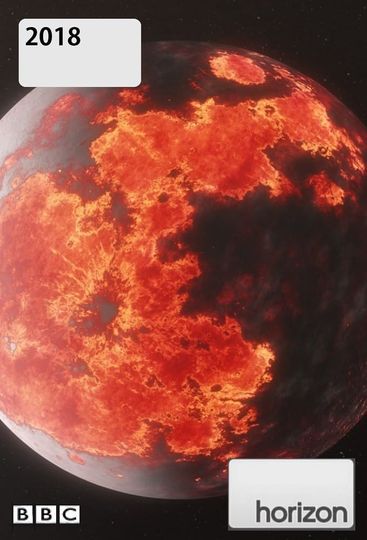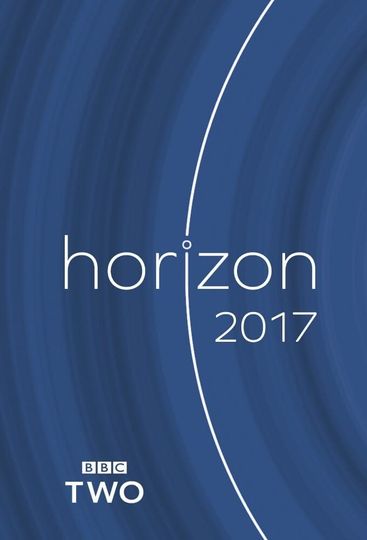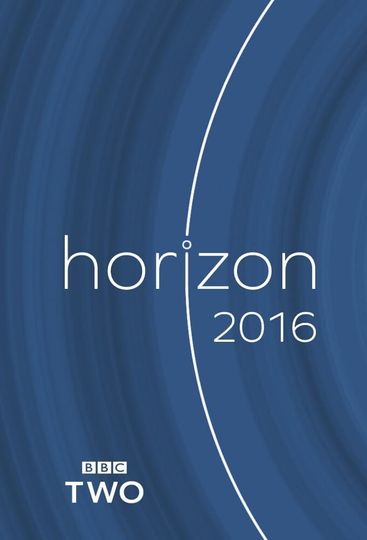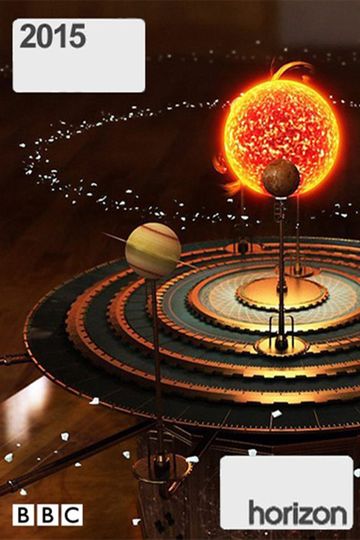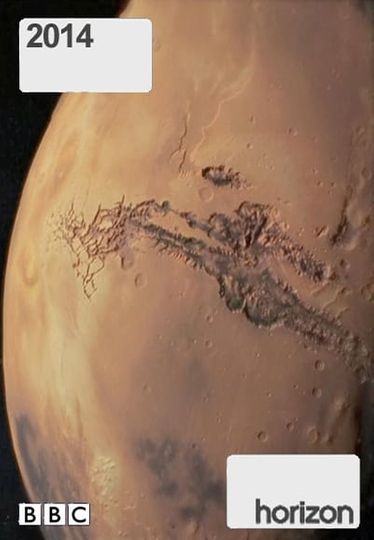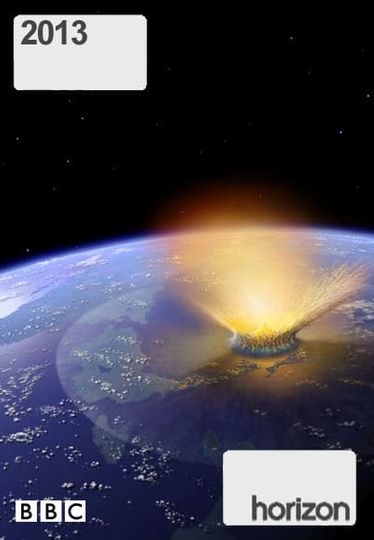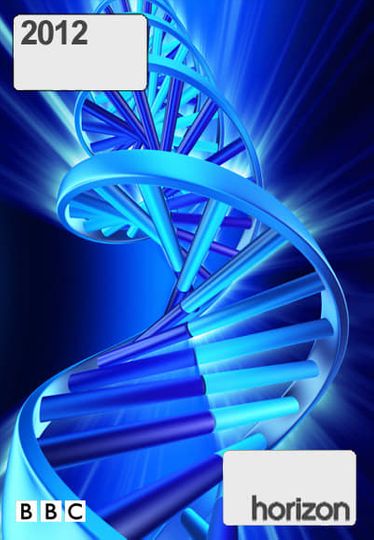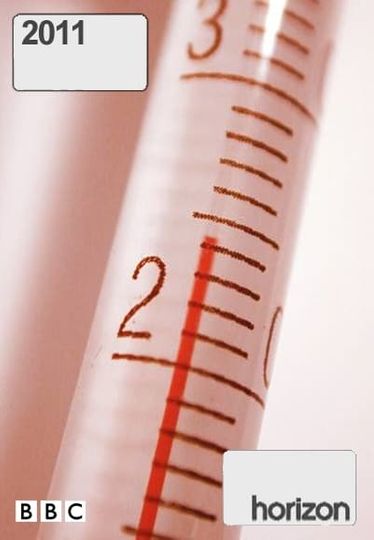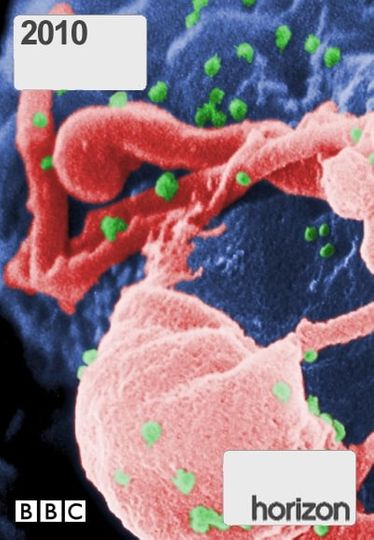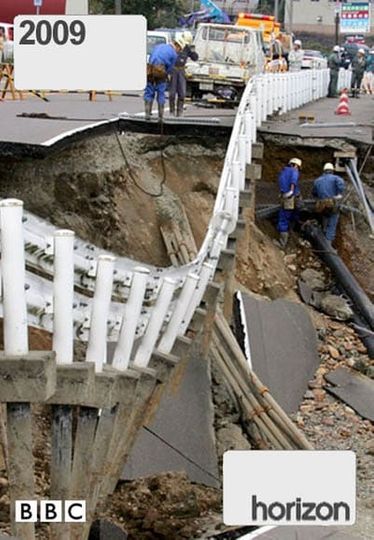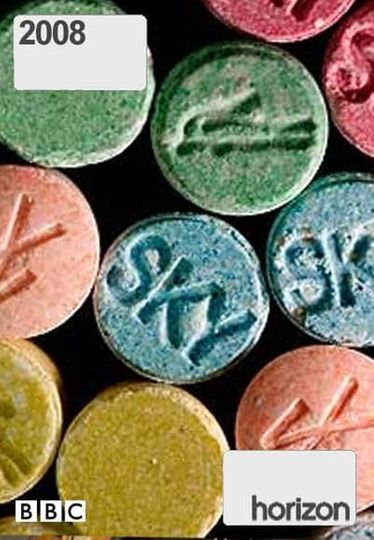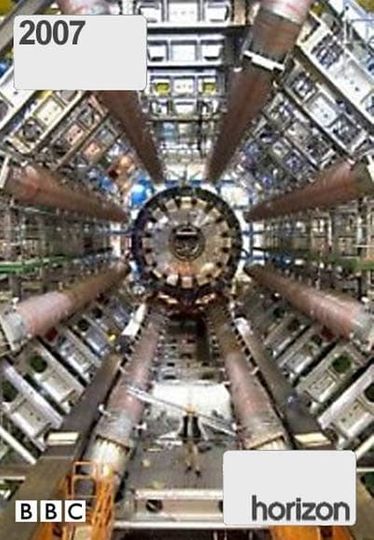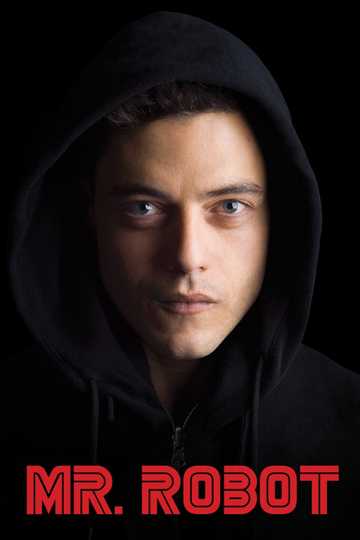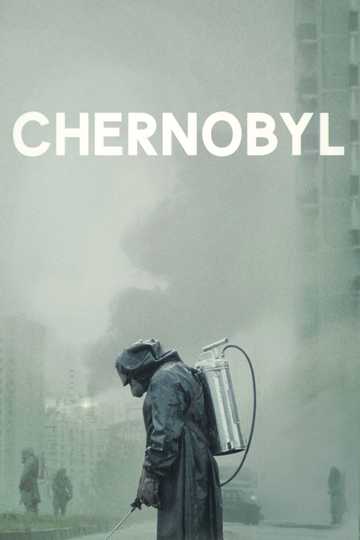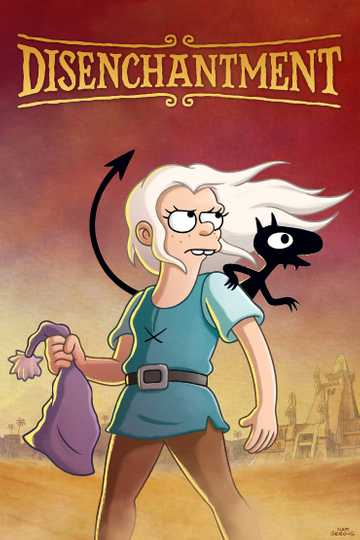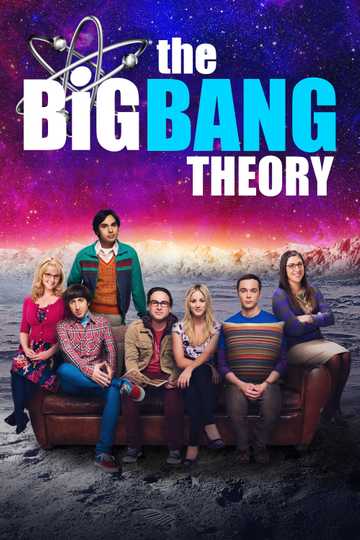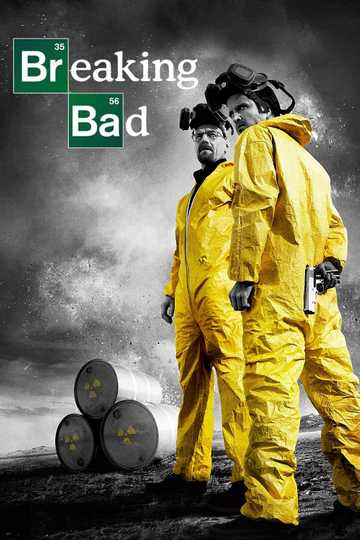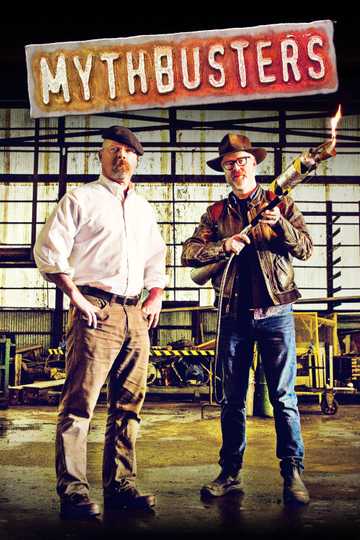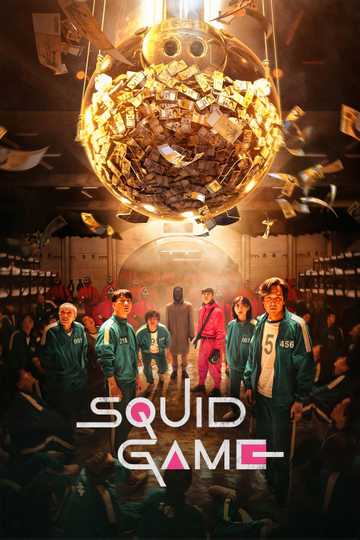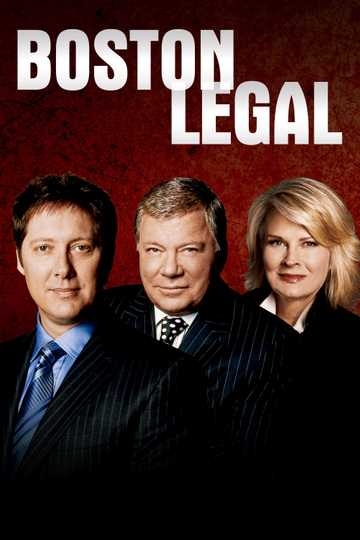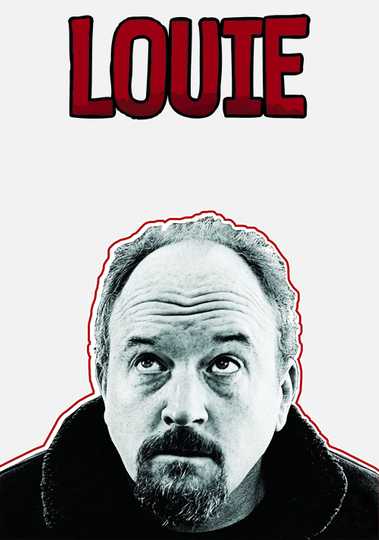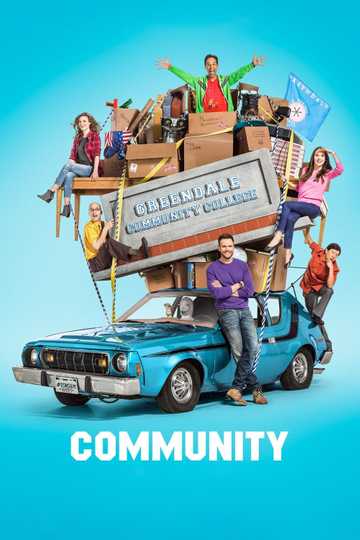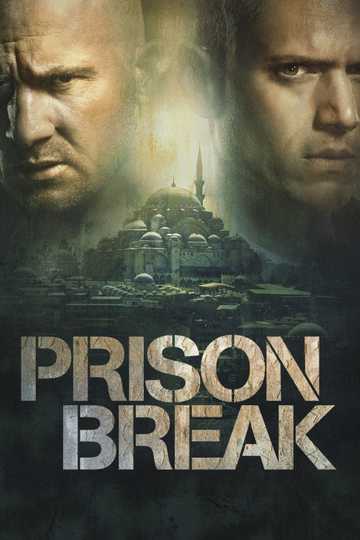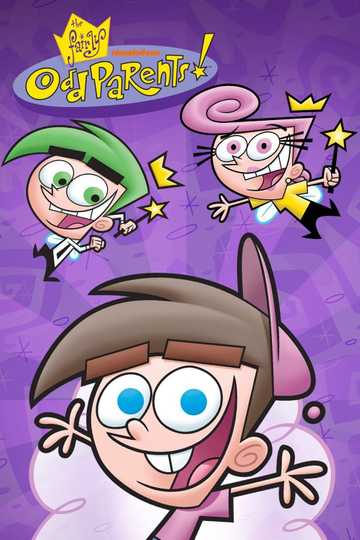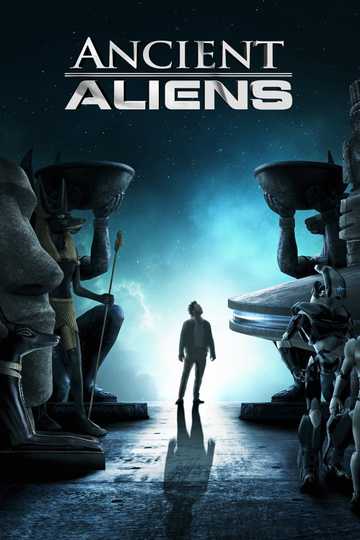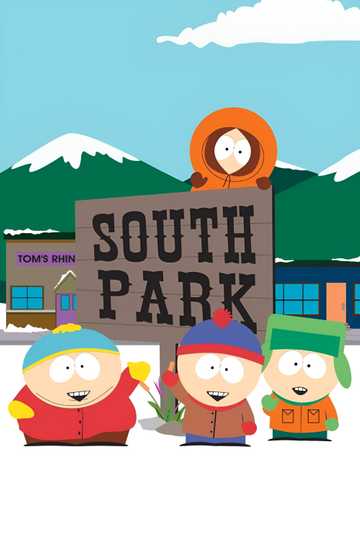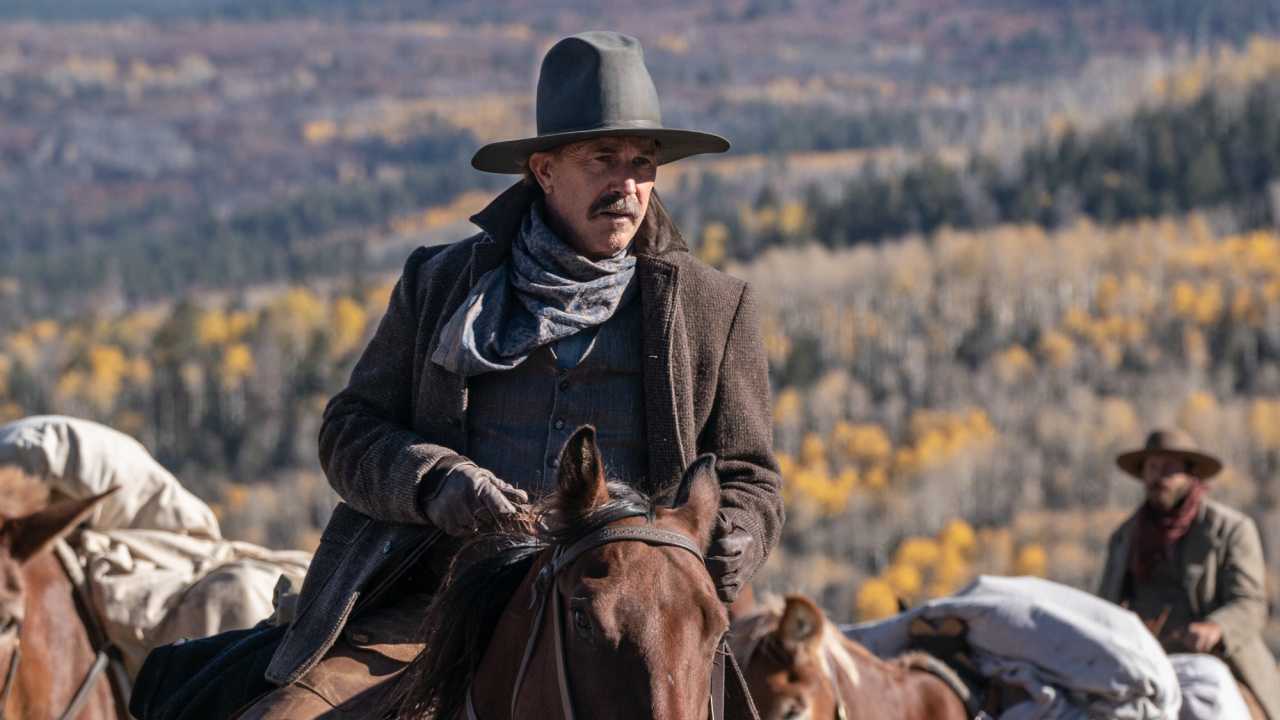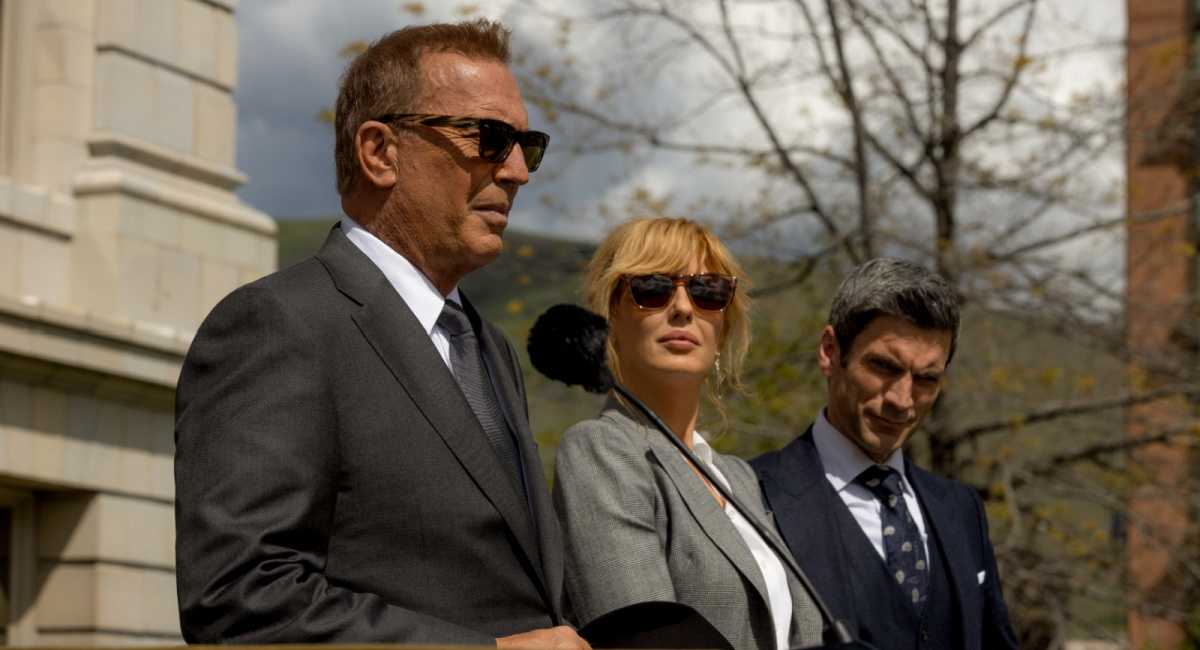2005 Episodes
1. Global Dimming
Horizon producer David Sington on why predictions about the Earth's climate will need to be re-examined.
2. Einstein's Unfinished Symphony
The unpredictable results of the Theory of Relativity. Horizon brings you the second part of a two-part series on Albert Einsten. In the summer of 1939 Albert Einstein was on holiday in a small resort town on the tip of Long Island. His peaceful summer, however, was about to be shattered by a visit from an old friend and colleague from his years in Berlin. The visitor was the physicist Leo Szilard. He had come to tell Einstein that he feared the Nazis could soon be in possession of a terrible new weapon and that something had to be done.
3. Einstein's Equation of Life and Death
The story of Einstein's most famous equation E=mc² – its role in the creation of the atom bomb and our understanding of the beginnings of the Universe. Horizon brings you the second part of a two-part series on Albert Einsten. In the summer of 1939 Albert Einstein was on holiday in a small resort town on the tip of Long Island. His peaceful summer, however, was about to be shattered by a visit from an old friend and colleague from his years in Berlin. The visitor was the physicist Leo Szilard. He had come to tell Einstein that he feared the Nazis could soon be in possession of a terrible new weapon and that something had to be done.
4. Living with ADHD
In this documentary, Horizon investigates Attention Deficit Hyperactivity Disorder (ADHD), which is one of the most feared and misunderstood of all medical conditions. Despite over 200 scientific papers being published on this neurological condition every year, it remains stigmatised and controversial. Some doctors don't even believe it exists. Yet it is estimated that as many as 3-5 percent of the childhood population, and over one million adults in the UK are affected by ADHD. These people are often described as stupid, lazy, disorganised, wild, out of control or woozy on drugs. But the reality is altogether more complex, and deeply moving.
5. Neanderthal
Horizon investigates a strange skull that was discovered in 1848 on the military outpost of Gibraltar. It was undoubtedly human, but also had some of the heavy features of an ape... distinct brow ridges, and a forward projecting face. Just what was this ancient creature? And when had it lived? As more remains were discovered one thing became clear, this creature had once lived right across Europe. The remains were named Homo neanderthalensis (Neanderthal man) an ancient and primitive form of human.
6. An Experiment to Save the World
In this documentary, Horizon follows the scientific world that was rocked by some astonishing news in March 2002 where a distinguished US government scientist claimed he had made nuclear fusion out of sound waves in his laboratory.
7. Who's Afraid of Designer Babies?
This Horizon episode is about genetics in humans. Every parent wants their child to have the best in life. But would this extend to picking the best genes for them? To date, genetic technology has only been used to treat serious disease in children. But as ways are developed to manipulate our DNA, there are those who think that parents will inevitably want to choose their children's genes, and create 'designer babies'.
8. The Lost Civilisation of Peru
Horizon brings us back two thousand years ago when a mysterious and little known civilization ruled the northern coast of Peru. Its people were called the Moche.
9. The Next Megaquake
In this documentary on earthquakes, Horizon starts with the worst natural disasters of all time in December 2004. The cause of so much devastation was the most powerful kind of earthquake on the planet - a megathrust. Megathrust earthquakes only occur on a particular kind of fault. Scientists have now discovered that just such a fault could cause a huge megathrust earthquake and tsunami right off the coast of North America.
10. Does the MMR Jab Cause Autism?
In this documentary, Horizon presents the largest public health issue of recent years that has attracted such heated debate as the question of whether the MMR vaccine can cause autism. The MMR jab combines three childhood vaccines, against measles, mumps and rubella, into one injection, which is first given to children at around 12-18 months. Horizon presents new, exclusive evidence about the MMR jab.
11. Malaria: Defeating the Curse
This is the story by Horizon of an epic battle between science and nature. It's a battle to destroy a disease that is one of the biggest killers on the planet: malaria.
12. Tsunami: Naming the Dead
How the biggest international forensic operation in history identified the victims of the most devastating natural disaster of recent times.
13. The Hawking Paradox
Has Stephen Hawking been wrong about the universe for the last 30 years? Horizon explores his latest theory.
14. The Mystery of the Human Hobbit
Is the hobbit a new human species or nothing more than a modern human with a crippling deformity?
15. The Doctor Who Makes People Walk Again?
At the Xishan Hospital, near Beijing, a remarkable medical pilgrimage is taking place. The sick and the dying are travelling here for a treatment pioneered by Dr Huang Hongyun. He claims he can restore functions that Western doctors said were lost forever. Horizon investigates his methods but are they too much too soon.
16. Can Fish Make My Child Smart?
Scientists once got sacked for suggesting oily fish was good for you. Now all and sundry are hailing it as a panacea.
17. Madagascar - A Treetop Odyssey
Time is running out for the rainforest, but a team of scientists have come up with a unique strategy to help save it: a giant inflatable raft.
18. Titan. A Place Like Home?
Over a billion kilometres away, Saturn's largest moon, Titan, holds tantalising clues to how life began here on Earth. Horizon tells the story of the Cassini-Huygens spacecraft, the most ambitious and expensive interplanetary space mission of all time.
19. The 7/7 Bombers: A Psychological Investigation
On 7 July 2005 Britain experienced its first ever suicide attack. Four bombs exploded in central London, killing 52 people and injuring over 700. When Scotland Yard launched one of the biggest investigations in its history, another first was quickly uncovered: the suicide bombers were home-grown, they were young British men, attacking their own country. Horizon explores what makes someone want to blow themselves – and others - up?
20. The Ghost in Your Genes
The controversial science of epigenetics suggests you may inherit a lot more than you imagine from your forebears. The scientists who believe your genes are shaped in part by your ancestors' life experiences.



